Feeling hopeless sometimes is okay, however when this sense of hopelessness becomes a permanent part of you, where you find it hard to be even a little bit optimistic, that’s when it becomes concerning. What causes hopelessness and what can you do to feel better?
When you feel hopeless, you have trouble getting out of bed. You think to yourself, “Why should I?” There’s nothing to look forward to. Today will be the same as yesterday. Yesterday was the same as the day before, the day before that, and the day before that, etc.
“Is it possible to die of sameness?” you wonder.
You check your phone — more bad news. The virus, the economy, the environment, politics, and the world is coming apart.
Why are you the only one who seems to notice? You scroll through social media and discover that your friends are living on another planet. They’re riding bikes, picnicking, traveling — and you haven’t been out of your pajamas for a week.
Related: How To Create Hope: 4 Steps To Have Hope In Hard Times
How do you go on living when you feel so hopeless?
The Science of Hopelessness
When you lose hope in one area of your life, it slowly bleeds into others and colors everything you see. Viewing the world through the lens of hopelessness results in blocking out hopeful events and only seeing the hopeless ones, a process psychologists call “confirmation bias.“
In other words, you seek out situations that reinforce your outlook while ignoring those that challenge it.
3 Traits That Destroy Hope
Before we consider how to generate hope, let’s look at the most common traits that foster hopelessness:
1. Extreme thinking.
Always/never, good/bad, right/wrong, hero/villain. You divide the world into extreme fractions and ruminate on the negatives. You are quick to label others who are different from you or disagree with you, a choice that drains you of humanity.
Sadly, in the world of relationships, labels block out hope by suggesting that people are one-dimensional and incapable of change — including you. Such extreme thinking ultimately leads to narcissism: You’re a cult of one.

2. Resignation.
Convinced that nothing will ever change, you sink deeper into cynicism. Rather than take action, you blame and complain and resign to your hopeless outlook; you even take pride in it on some level.
Such cynicism robs you of energy and prevents you from listening and learning from others or exploring new experiences.
Related: Can You Ever Be ‘Okay’ Again Even After You’ve Lost Everything? 5 Signs
3. Isolation.
The more you isolate, the more deluded your thoughts may become. When you shut out the world and live in seclusion, anxiety increases whenever you leave your home.
Distrust spikes. Depression takes root. And the more entrenched you become, the more hopeless you feel. (See “Self-defeating Habits That Destroy Happiness”)
Creating Hope
Psychologists have long held that hopelessness is a learned state from early childhood that we carry into adulthood. It’s like a baby elephant tied to a post: He learns to stop struggling; he can’t break free.
By the time he is full-grown, though he could easily break the rope, he doesn’t even try. Experience has taught him not to.
In the same way, adults frequently remain emotionally tethered to childhood traumas when they were trapped or powerless.
Naturally, new choices, new behaviors, and healthier habits could help them break free. By carrying the hopelessness that we felt as children into our adult lives, we make an error in time that keeps us stuck and mired in our emotional past.
One of the key ways of creating hope is to disrupt patterns that promote hopelessness and challenge the behaviors that feed it.
Here are five ways you can start to break free:
1. Engagement.
The opposite of isolation is engagement.
Casting off passivity and negative thinking requires that you engage more in the world around you. Even if you don’t want to, it’s essential to push yourself to try. If hopelessness is a virus, engagement is the antibiotic you need. (See “How To Cure Your Own Depression.”)
2. Acts of Service.
Altruism is one of the least recognized and more powerful weapons against hopelessness. As the Buddhist saying goes, “When you light a lantern for another, it will also brighten your own way.”
Stop fixating on your problems and making them worse. Devote some time to helping others less fortunate than you and learn to value yourself more. When you give others hope, you receive it as well.
Related: Feeling Hopeless In Life: 7 Negative Mindsets That Undermine Your Mental Resilience and Strength
3. Humor.
Laughter is good medicine for the spirit.
A hearty laugh also releases endorphins and adrenaline, raises metabolism, and reduces stress hormones. There are even studies that suggest that laughter strengthens the immune system.
4. A Mindfulness Practice.
A lack of mindfulness is frequently at the core of a hopeless outlook.
Mindfulness practices such as meditation, yoga, or prayer pause our tortured thoughts and inspire us to live more fully in the moment. Self-reflection also disrupts emotional reactivity that so often breeds negative thinking.
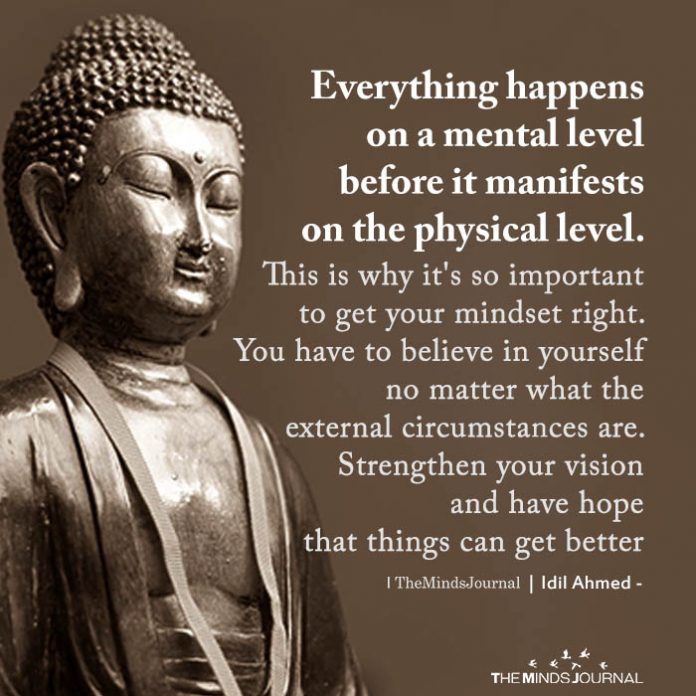
5. Determination.
The most important and challenging tool for undoing your hopeless outlook is determination. No matter how much therapy, medication, counseling, or life coaching you engage in, at a certain point, you have to decide the person that you want to be and redirect your thoughts and actions in that direction.
Short-circuit your complain-and-blame process by giving yourself an order and following it. For example, “I’m going out today. I’m calling an old friend. I’m going to look into volunteering in my neighborhood.”
Related: 8 Signs You Are A Mentally Strong Person
In his inspiring collection of essays, “Hope is a Decision,” the Buddhist peace activist Daisaku Ikeda writes:
“When we change our inner determination, everything begins to move in a new direction. The moment we make a powerful resolve, every nerve and fiber in our being will immediately orient itself toward the fulfillment of this goal or desire. On the other hand, if we think, ‘This is never going to work out,’ then every cell in our body will be deflated and give up the fight. Hope, in this sense, is a decision.”
Want to know more about what to do when feeling hopeless? Check this video out below!
Written By Sean Grover, LCSW Originally Appeared On Sean Grover
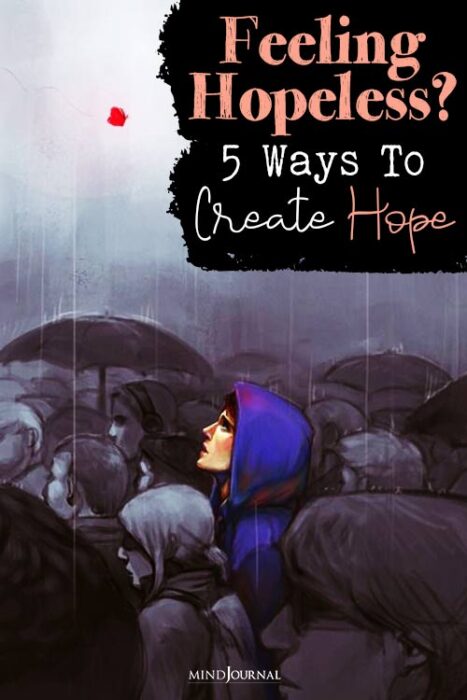
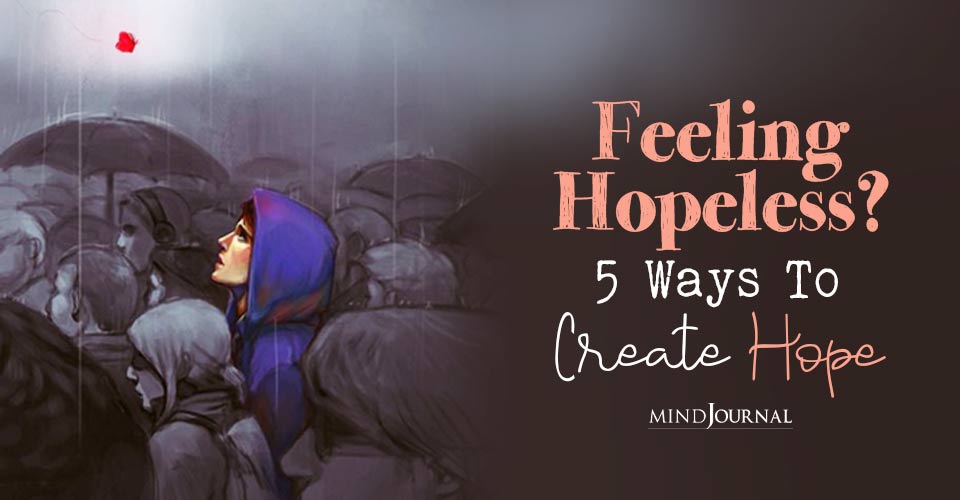




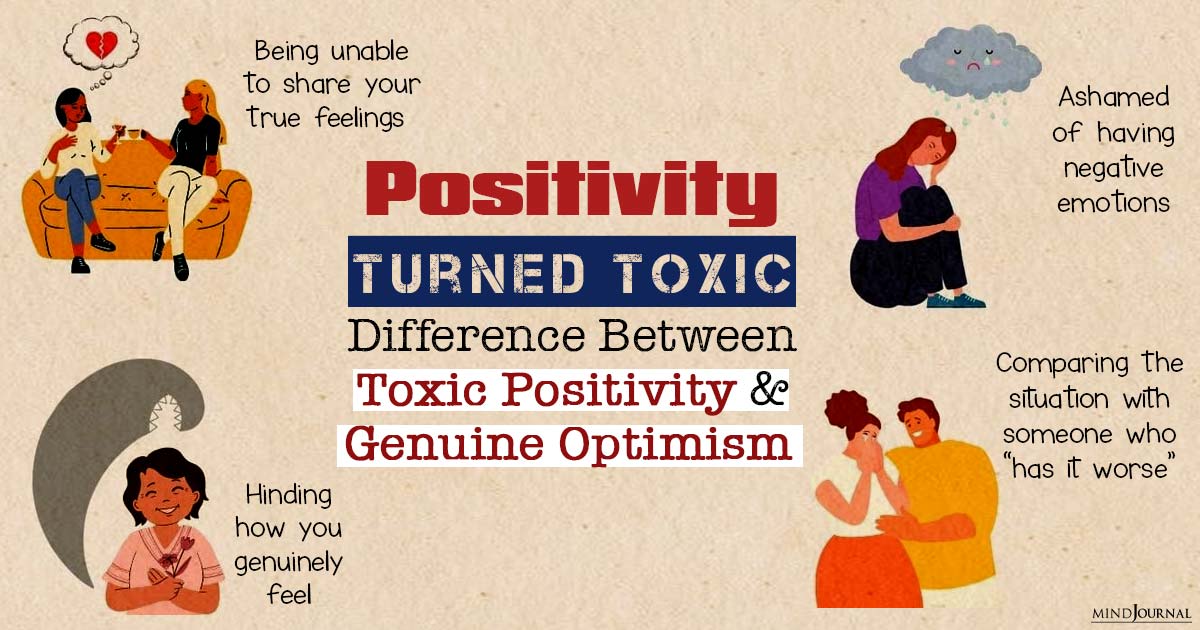

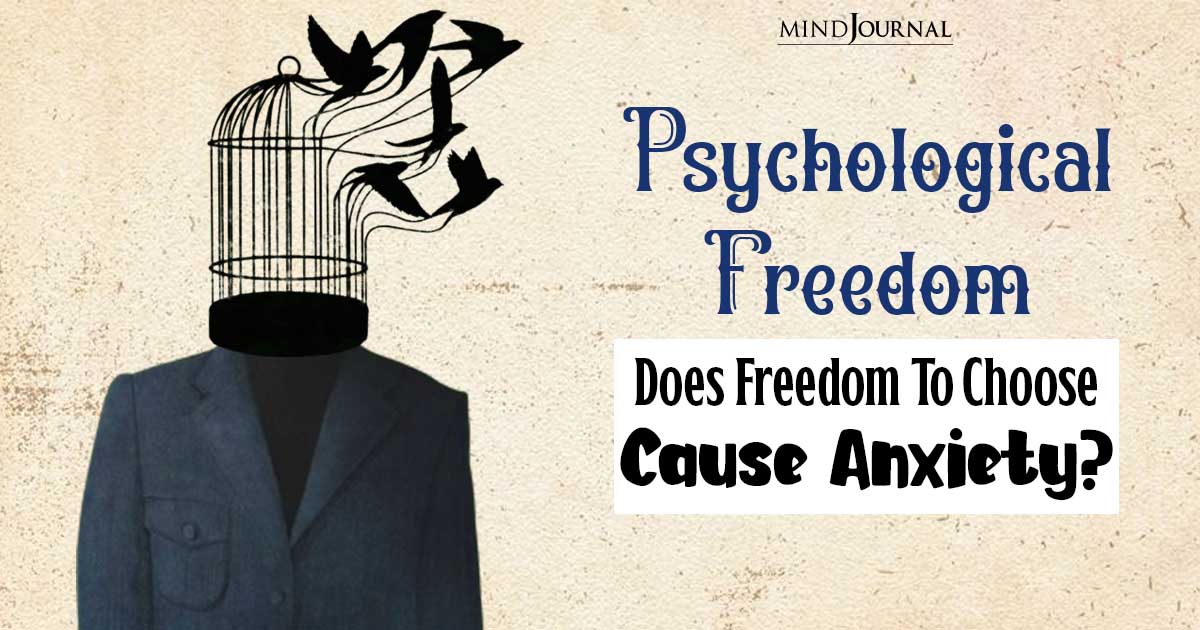
Leave a Reply
You must be logged in to post a comment.